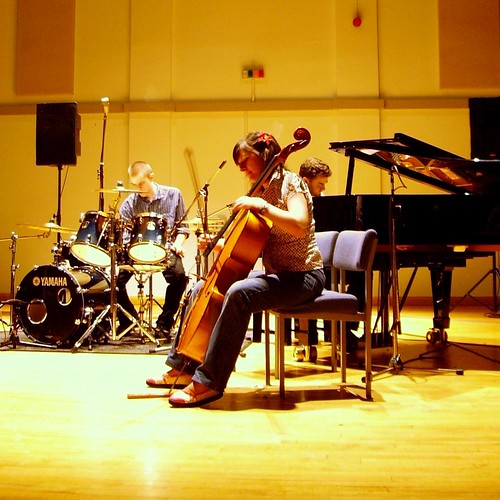Mobile phones are radio transmitters and as such were banned from use in civilian airplanes, for fear such devices could interfere with airplane avionics. So we turned of our phones and stared angrily at those who did not comply – it’s strange how well behaved we are in the air, especially when we are told it was for security purposes. The strange thing is that almost any laptop is packed full of wifi and bluetooth devices but no-one stops us from using a laptop on the plane.
The Telegraph reports that British Airways will be trying out mobile phone technology that will allow passengers to send and receive text messages, emails and access the internet during the flight. British Airways will introduce voice calls if the trails are succesful. I wonder what constitutes a success in this case. British Airways is not the only airline, the Telegraph reports:
Since Emirates introduced the service, on a flight from Dubai to Casablanca, it has begun extending the technology to the rest of its fleet – more than 100 aircraft. So far, 28 planes have been fitted.
Low-cost carrier Ryanair announced last year that it would begin testing the technology – including voice calls – on at least 10 of its aircraft, with the intention of extending the service to its entire fleet.
While the fears surrounding mobile telephones and airplane security seem to have been magically resolved the question remains whether or not we want to be stuck in airline seats while passengers around us invade our privacy and disturbing us speaking loudly about all their crap.
Also, why do only the business class passengers get this service? Is it that we plebs are undeserving or can it be that British Airways is being elitist?


